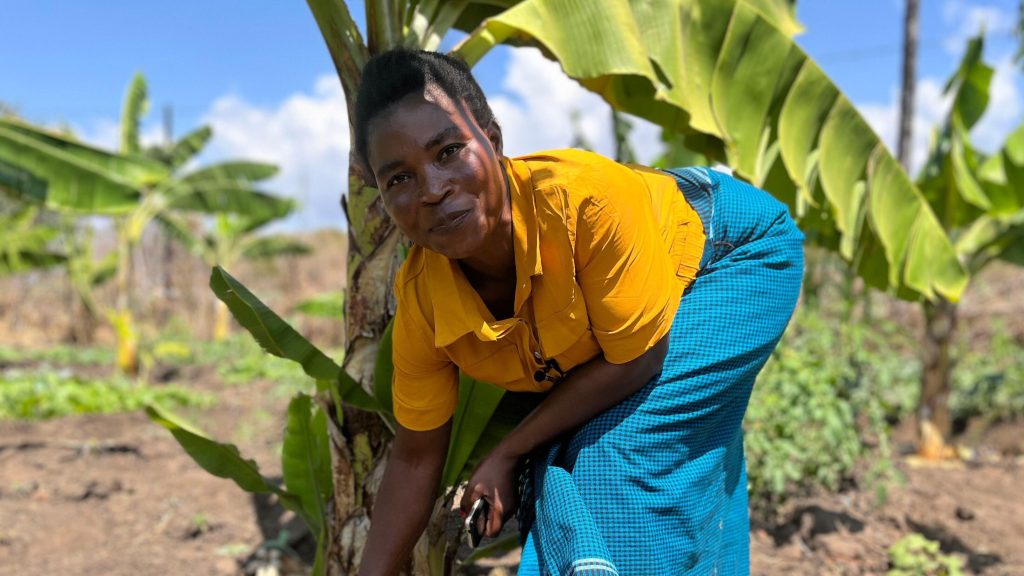Women farmers in northern Malawi have found a clever way to deal with the negative effects of climate change by making wine from overripe bananas.
These bananas, which were previously wasted because of unpredictable weather, now play a key role in a project aimed at reducing losses and supporting sustainable livelihoods.
Regina Nkandawire, a banana farmer in Karonga, used to throw away bananas that ripened too quickly in the extreme heat.
For years, high temperatures, sometimes reaching a sweltering 43°C, have harmed farming in Malawi, making life harder for small-scale farmers like Nkandawire.
“I faced a lot of problems. I was not able to find money to buy food and also to pay school fees for my children. That’s when I decided to join a group of banana farmers,” Nkandawire said.
With support from the COMSIP Cooperative Union, Nkandawire and a group of women, along with a few men, came up with a smart idea: turning spoiled bananas into homemade wine. This new business has not only improved their situation but also provided a source of income.

“I am making a lot of profits now because I am able to pay school fees for my children. I’ve also bought some livestock that I sell whenever I need money to meet the needs of my children at school,” Nkandawire proudly shares.
The wine-making process involves fermenting the overripe bananas with sugar, yeast, water, and lemons. The finished wine has 13% alcohol and sells for about three dollars a bottle. Although they are doing well locally, the cooperative faces challenges in exporting their wine, as they are waiting for certification from Malawi’s authorities.
“So it is a very big problem for them to take their wine abroad. So as we are just now, we are in the time that we are waiting for the Marawi to give them the certificate and to do something so that their product should be known everywhere in this world,” Nkandawire explains.
According to a report from Voice of America, the Malawian government supports this initiative as part of its strategy to help vulnerable groups economically.
“We take them on board to have some food for work programs, so when they do this, we also encourage them to form groups. So we train them and they change their mindset. We have a rule book which encourages them to start thinking outside the box,” said officials.
This dynamic women’s group is currently producing an impressive 45 bottles of banana wine daily. But their ambition doesn’t stop there. They have plans to invest in new machines to ramp up their production, meeting the ever-growing demand for their wine.


